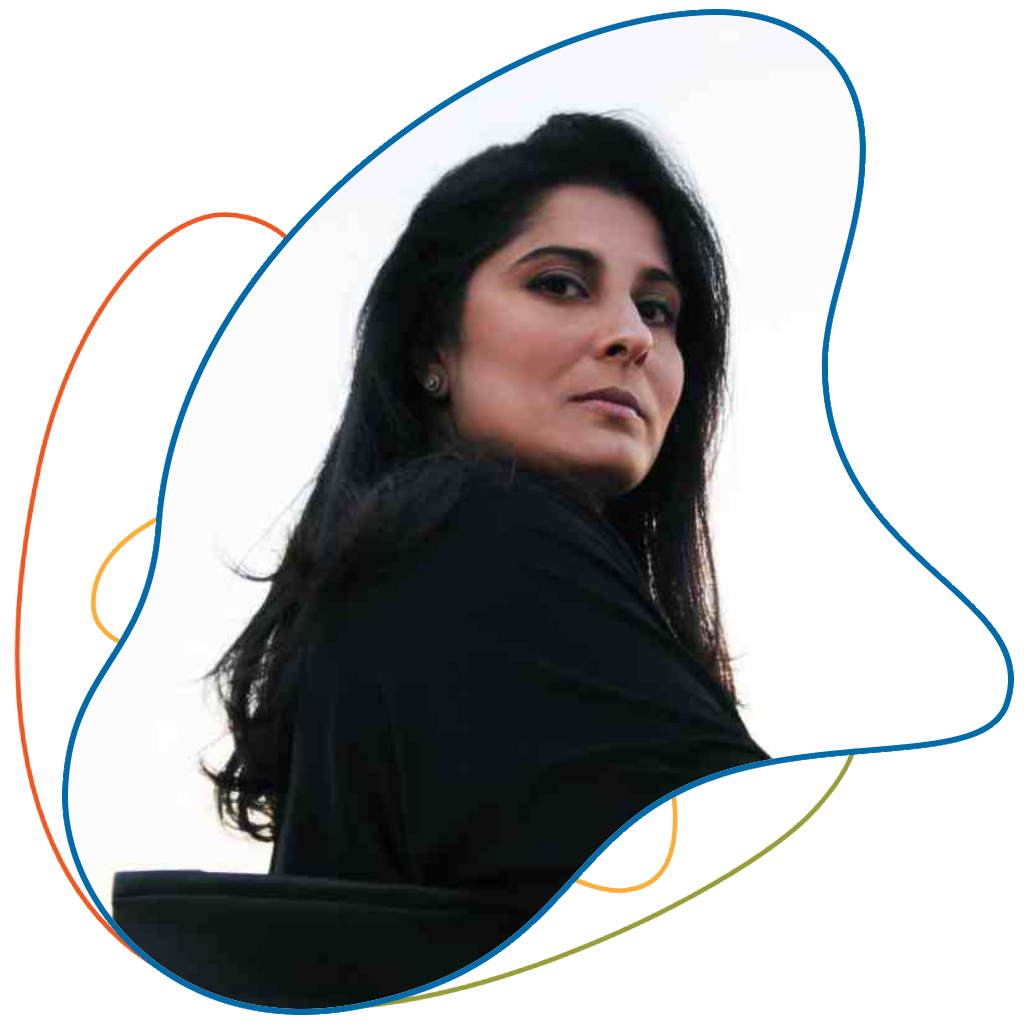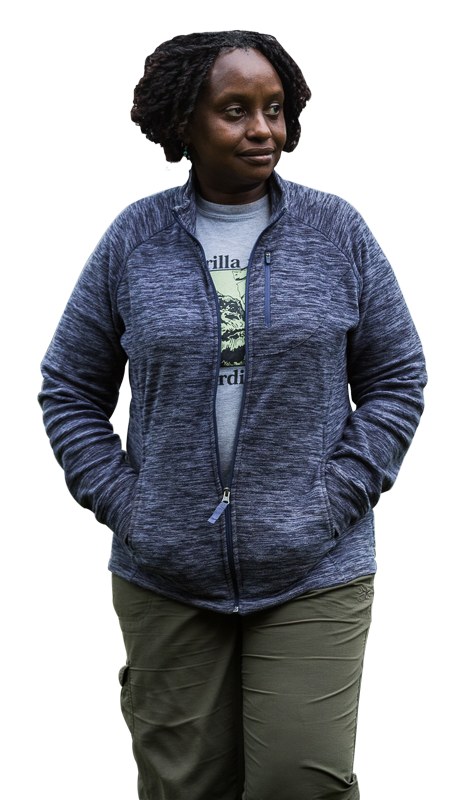
Sharmeen Obaid-Chinoy
Profile
Sharmeen Obaid-Chinoy is a Canadian-Pakistani journalist, filmmaker and political activist known for her work in films that highlight gender inequality against women. Born in Karachi in 1978, Sharmeen has arguably become one of the most articulate global storytellers of her generation. Her films bring attention to issues like illegal abortion and acid violence that society finds deeply uncomfortable to acknowledge, and then telling stories in ways that are compelling enough to have an impact on the underlying social and human distress.
In the heart of the Philippines, Sharmeen found her voice. It wasn’t just about making films; it was about igniting change, even in the darkest corners of society. She delved into taboo topics like illegal abortions, exposing the harsh realities women faced. With each frame, she aimed to challenge norms, to stir discomfort, and to provoke action. Saving Face unmasked the horror of acid violence, forcing society to confront its demons.
For her, storytelling wasn’t just about the camera or the platform—it was about empathy, compassion, and trust. It was about diving into the depths of human experience and holding up a mirror to society, asking tough questions, demanding change. Receiving the Tällberg-SNF-Eliasson Global Leadership Prize affirmed that filmmaking wasn’t just a craft; it was a tool for leadership and transformation. It was about inspiring others to use their voices for good, to shine a light on the issues that matter most.
Learn more

